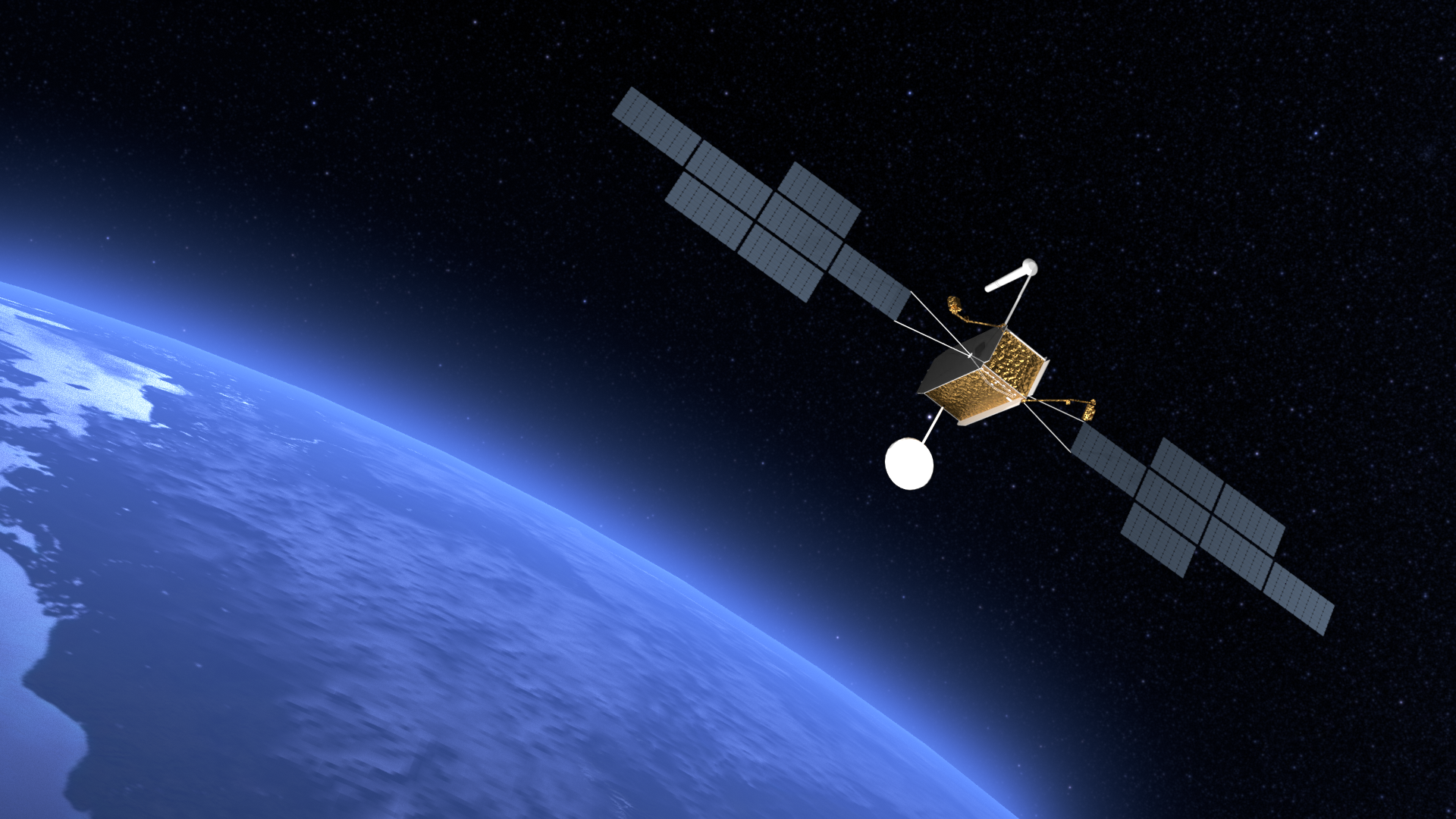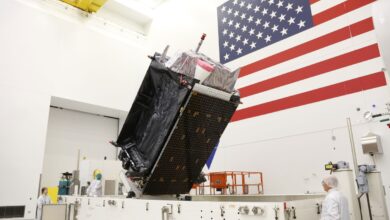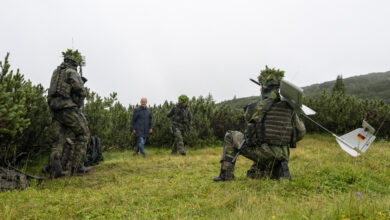Airbus to Build, Launch Germany’s Next-Gen Military Satellites for $2.2B
Airbus has secured a 2.1-billion-euro ($2.27 billion) contract to build a next-generation secure military satellite system for the German Armed Forces.
The 15-year SATCOMBw 3 contract includes geostationary satellites, ground segment, launch, and operation.
Airbus will design, integrate, test, and deliver two new military GEO (geostationary orbit) telecommunications satellites into orbit before the end of the decade.
The contract further includes upgrading the existing ground segment to launch existing and new satellites for the next 15 years, with the possibility of an extension.
Next-Gen Satellites
The six-metric-ton SATCOMBw 3 is the successor to the COMSAT B 1B and 2B satellites and features state-of-the-art technologies.
It is based on the Eurostar Neo platform and is capable of updating itself to rapid changes in digitalization and the requirements of increasing data transfer volume.
The contract has a strong German presence, with partners such as Bremen-based OHB and numerous smaller German companies.
Moreover, the contract’s key elements, including the guidance and integration of advanced payloads, solar arrays, and overall operation, will be from Germany.
Secure Military Satellite
The system is essential for Germany’s “autonomous and independently deployable communications and information services.”
It ensures the Bundeswehr’s global command and information capability, enabling the fulfillment of NATO commitments in this area, Airbus stated.
“After the success of the SATCOMBw Stage 2 programme, which we have been delivering since 2009, this latest contract reinforces our strategic partnership with the Bundeswehr, providing them with a greatly enhanced secure milsatcom capability that is future proofed into the 2040s,” Airbus Defence and Space CEO Michael Schoellhorn said.
“At a time when Western democracies are challenged and where the European institutional space ecosystem is struggling, we are excited and grateful to develop and build this leading-edge system.”












